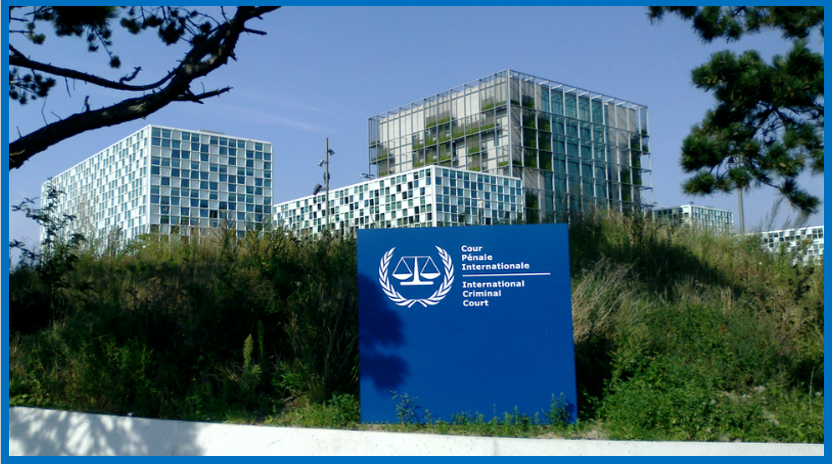The International Criminal Court (ICC) in The Hague confirmed last week that it had detected and contained a “new, sophisticated, and targeted” cyberattack—its second major security breach in less than two years. The incident occurred as the city hosted the NATO summit, coinciding with a series of distributed denial-of-service (DDoS) attacks reportedly launched by pro-Russian hacktivist groups. Although the ICC has not disclosed whether any sensitive legal data was compromised, the breach has reignited urgent questions about the digital security of international institutions headquartered in the Netherlands.
A Pattern of Strategic Targeting
This is not the first time the ICC has faced hostile cyber activity. In 2023, Dutch intelligence attributed a similar espionage attempt to a Russian military officer who had infiltrated the ICC as a Brazilian intern. That operation was reportedly linked to the Court’s issuance of arrest warrants, including one for Russian President Vladimir Putin over alleged war crimes in Ukraine. The latest attack appears to mirror this strategy, with geopolitical motivations likely at play.
Legal Ambiguity in a New Threat Landscape
The Netherlands—long recognized as the “legal capital of the world”—hosts numerous international courts, including the ICC. However, the 2002 Headquarters Agreement between the ICC and the Dutch government was not designed with modern cyber threats in mind. While Article 3 obliges the Netherlands to “facilitate the smooth functioning of the Court,” it remains unclear whether this includes active cybersecurity measures.
Although the National Cyber Security Center (NCSC), under the Dutch Ministry of Justice and Security, plays a central role in defending national infrastructure, its authority over independent international courts is limited. The recurrence of attacks in 2023 and 2025 suggests the need to reevaluate this legal framework in light of escalating digital threats.
Cyberattacks as a Tool of Political Warfare
These breaches underscore a broader trend: the growing politicization of cyberattacks against international judicial bodies. As the ICC continues to investigate high-profile state leaders, it becomes an increasingly attractive target for state and non-state actors seeking to undermine its legitimacy and operations. These are not isolated technical failures—they represent direct threats to the integrity and independence of global justice institutions.
Legal and Strategic Implications
Repeated intrusions into ICC systems may amount to violations of international law. The Tallinn Manual 2.0 outlines how cyber operations interfering with the functions of international organizations could constitute internationally wrongful acts or even digital aggression—especially if attribution to a state is established.
Domestically, the Netherlands criminalizes unauthorized digital intrusion under Article 138ab of the Dutch Criminal Code. However, this law has limited reach when attacks originate from foreign jurisdictions or target international bodies outside direct Dutch control.
Toward a Proactive Cyber Defense Strategy
Given the escalating frequency and sophistication of such attacks, the Netherlands must take a more proactive stance. Key measures could include:
- Revising the ICC Headquarters Agreement to explicitly incorporate preventive cybersecurity responsibilities.
- Enhancing cooperation between Dutch intelligence services and international institutions based in The Hague.
- Advocating for international legal instruments that address the cybersecurity of international courts.
- Promoting a coordinated EU and NATO cyber defense strategy focused on protecting institutions of international justice.
Conclusion
As a Dutch law student and observer of international legal processes, I find these developments deeply troubling. The functioning of institutions like the ICC depends on both physical and digital security. As their host, the Netherlands bears a shared responsibility—not only to protect them—but to ensure they remain credible, resilient, and independent pillars of global justice.
Excerpts from Liran Bean article on the jurist.org | Tilburg Law School, NL
International Criminal Court, The Hague Picture by OSeveno


